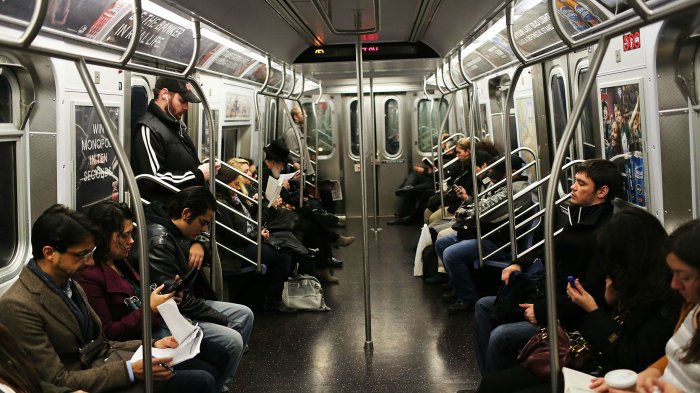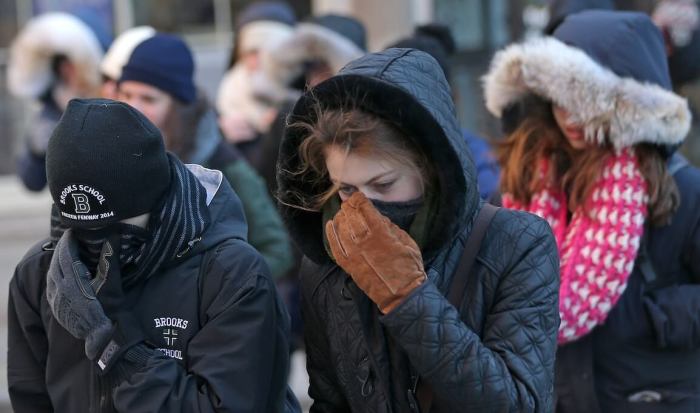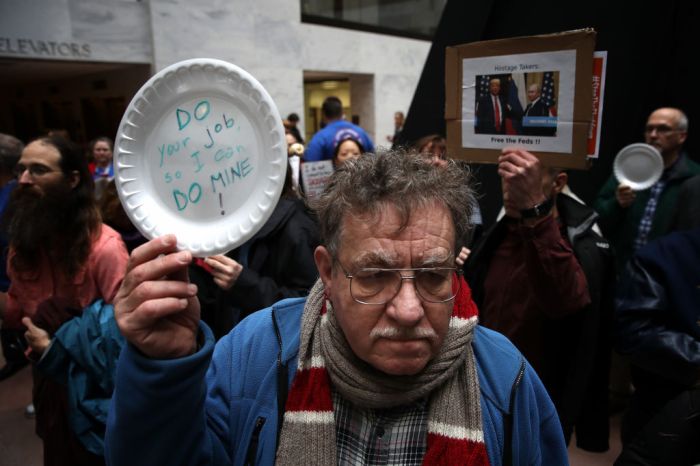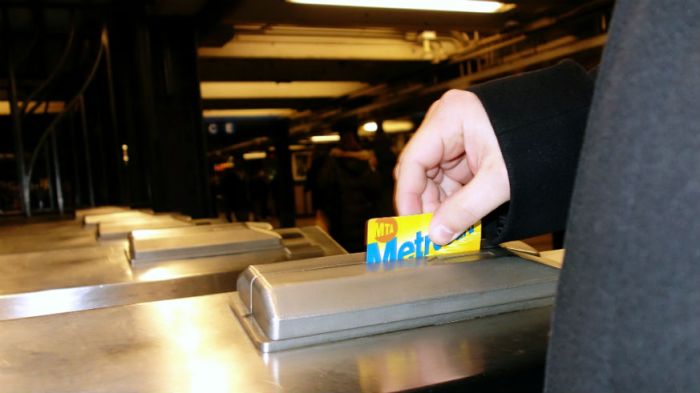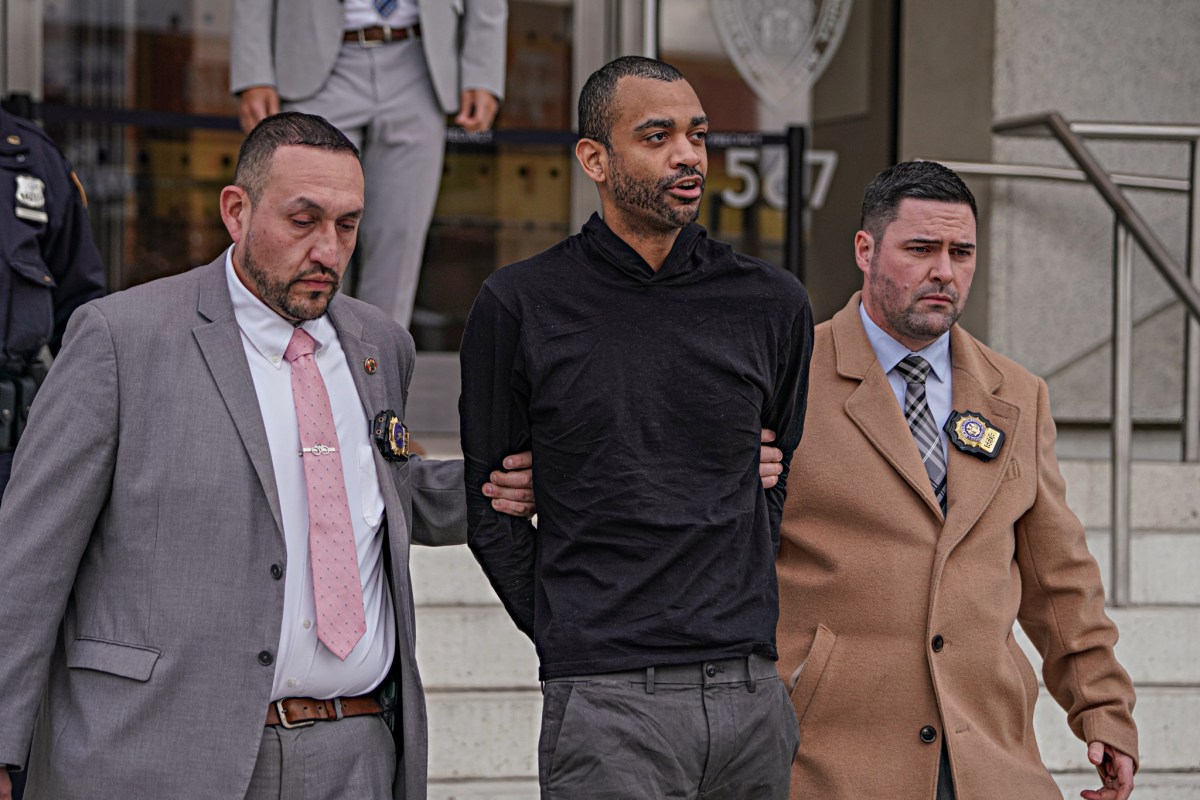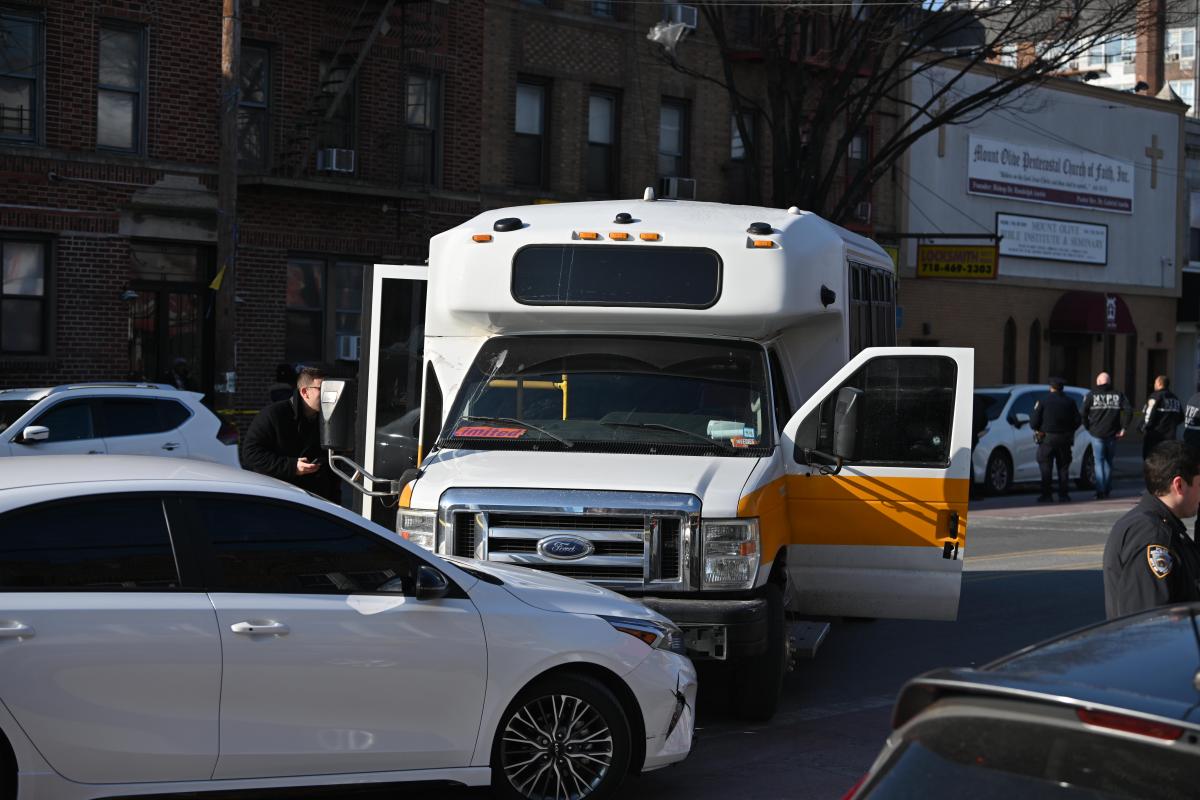New York City first lady Chirlane McCray announced Thursday that the city is investing $6 million in programs aimed at breaking the cycle of incarceration for women.
With that money, the city will expand programs that increase behavioral health services, support family resilience and build a network to help women re-enter society and avoid returning to jail. This is a continuation of overall efforts to reduce women’s incarceration in New York City, which has dropped 23 percent during the de Blasio administration.
Helping women with the issues that often lead to jail will also benefit their children. The majority of women incarcerated at the Rose M. Singer Center on Rikers Island have a child at home or serve as the primary caretaker of another family member, officials say.
“[This] means a woman’s imprisonment has a profound effect on their families and communities. Women need services that are gender responsive while they are incarcerated and as they navigate their reconnection to their children and families, including employment skill development and secure stable housing,” McCray said in a statement.
“With this new investment, we will ensure that women in prison get the behavioral health services they need to maintain healthier relationships with their children and provide families with better wraparound supports,” she added.
Women are 7 percent of the overall jail population in New York City, but they are more likely than incarcerated men to have histories of trauma, mental illness and substance misuse, experts said. They also face significant housing and employment needs.
This investment will address those issues, with the aim of keeping women out of jail, McCray said, and preventing their children from facing higher rates of school dropout, homelessness, learning disabilities and chronic health conditions, which are often associated with someone whose parents are incarcerated.


